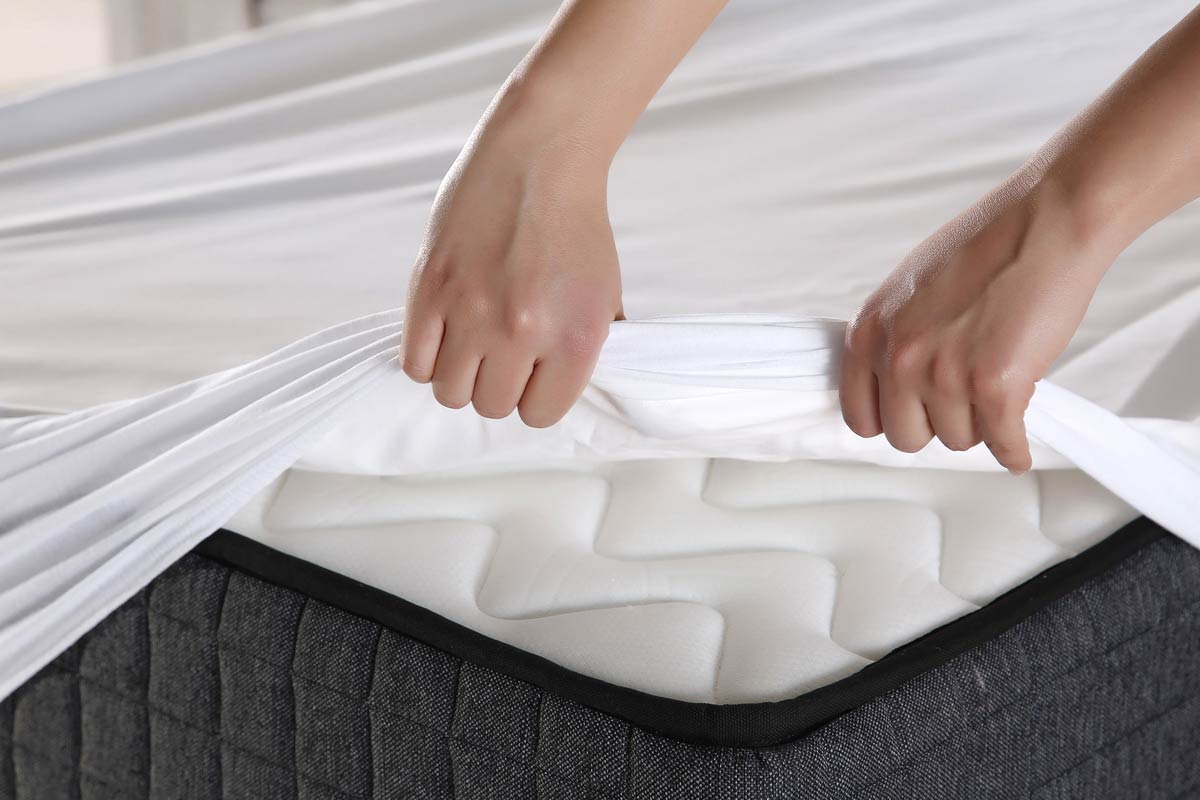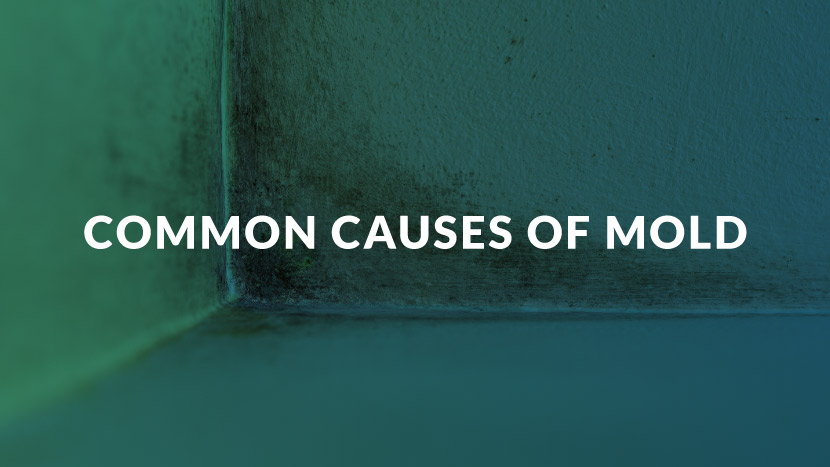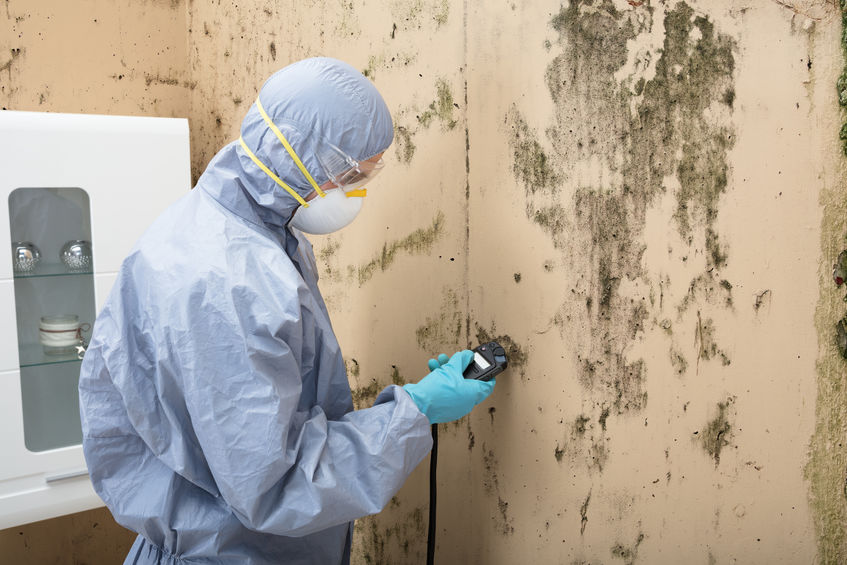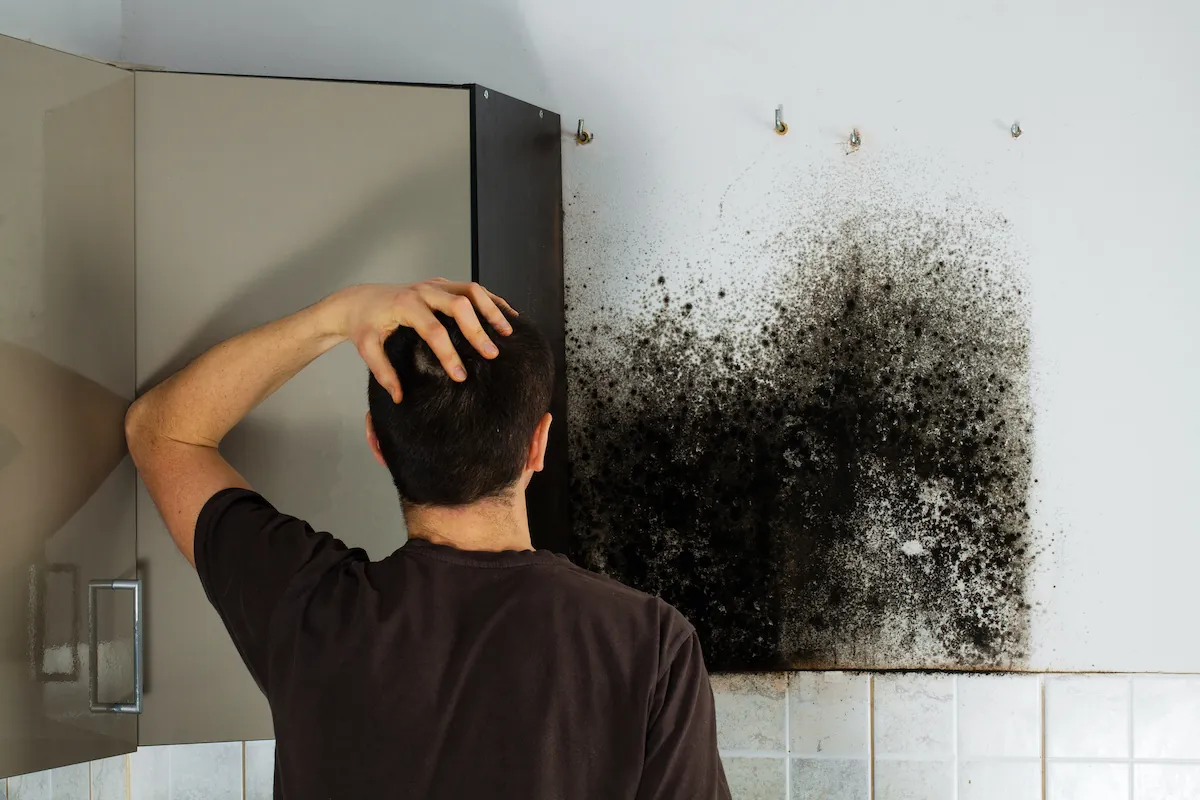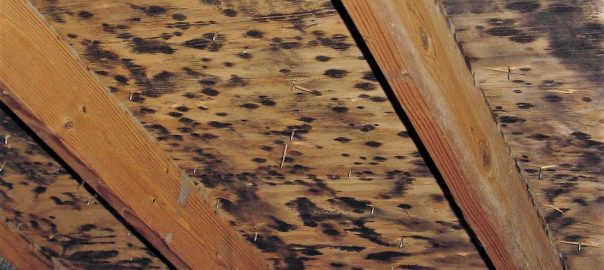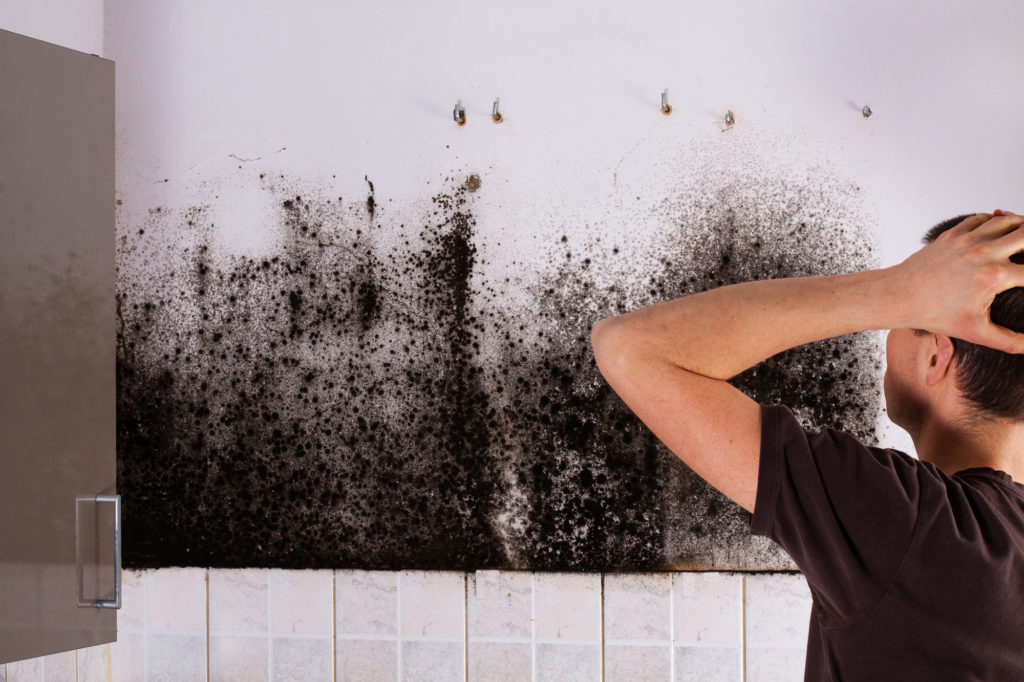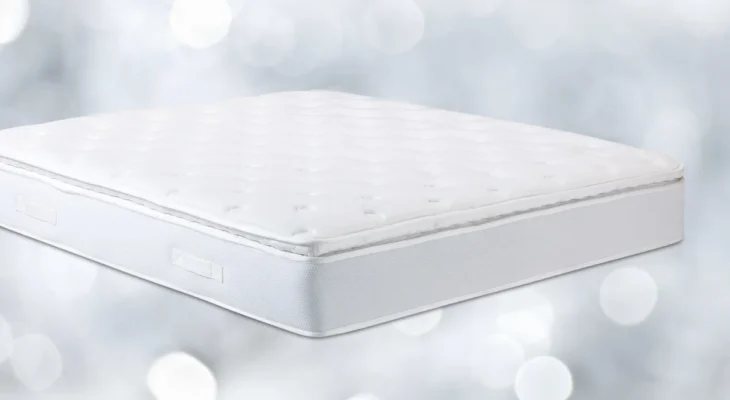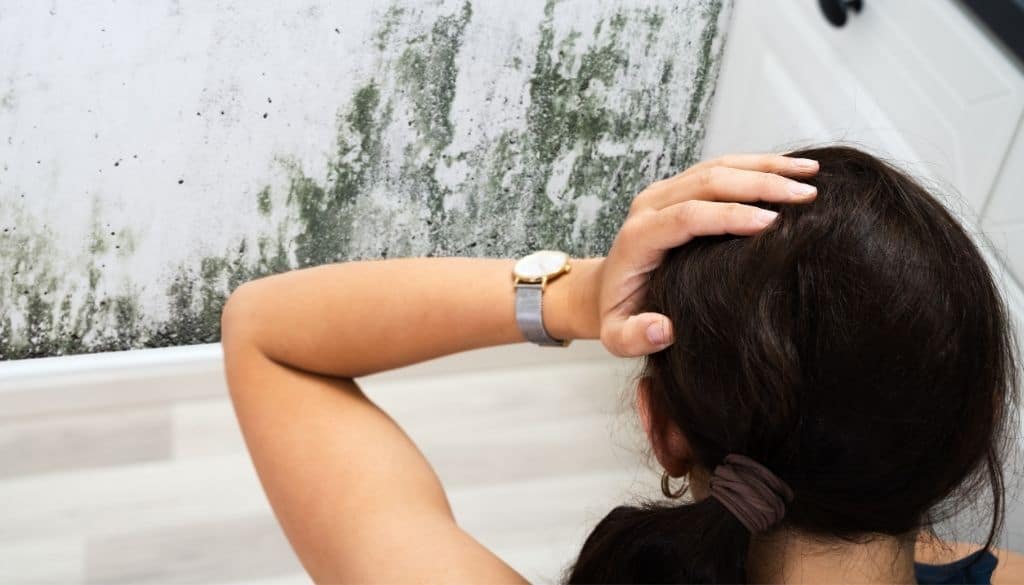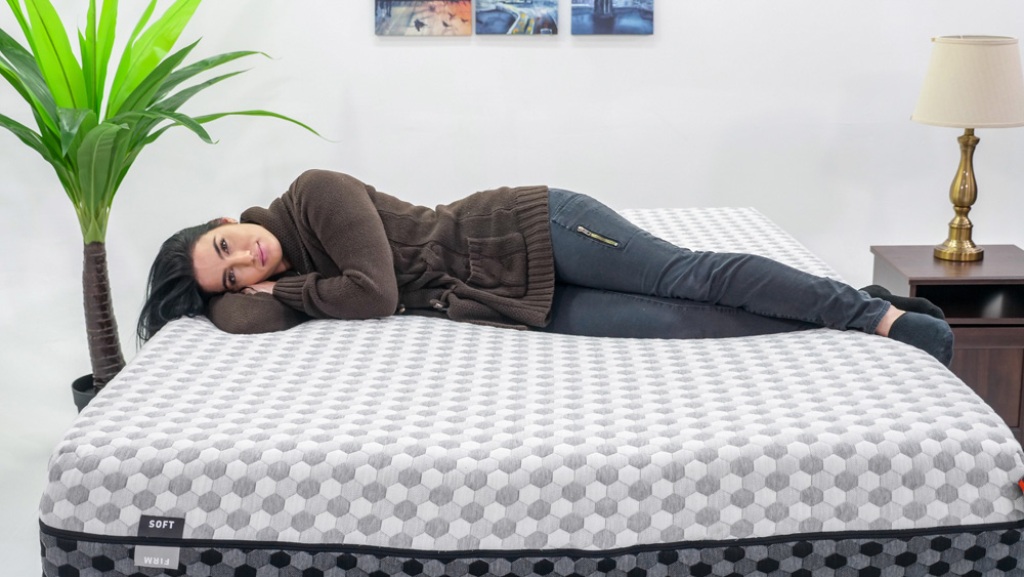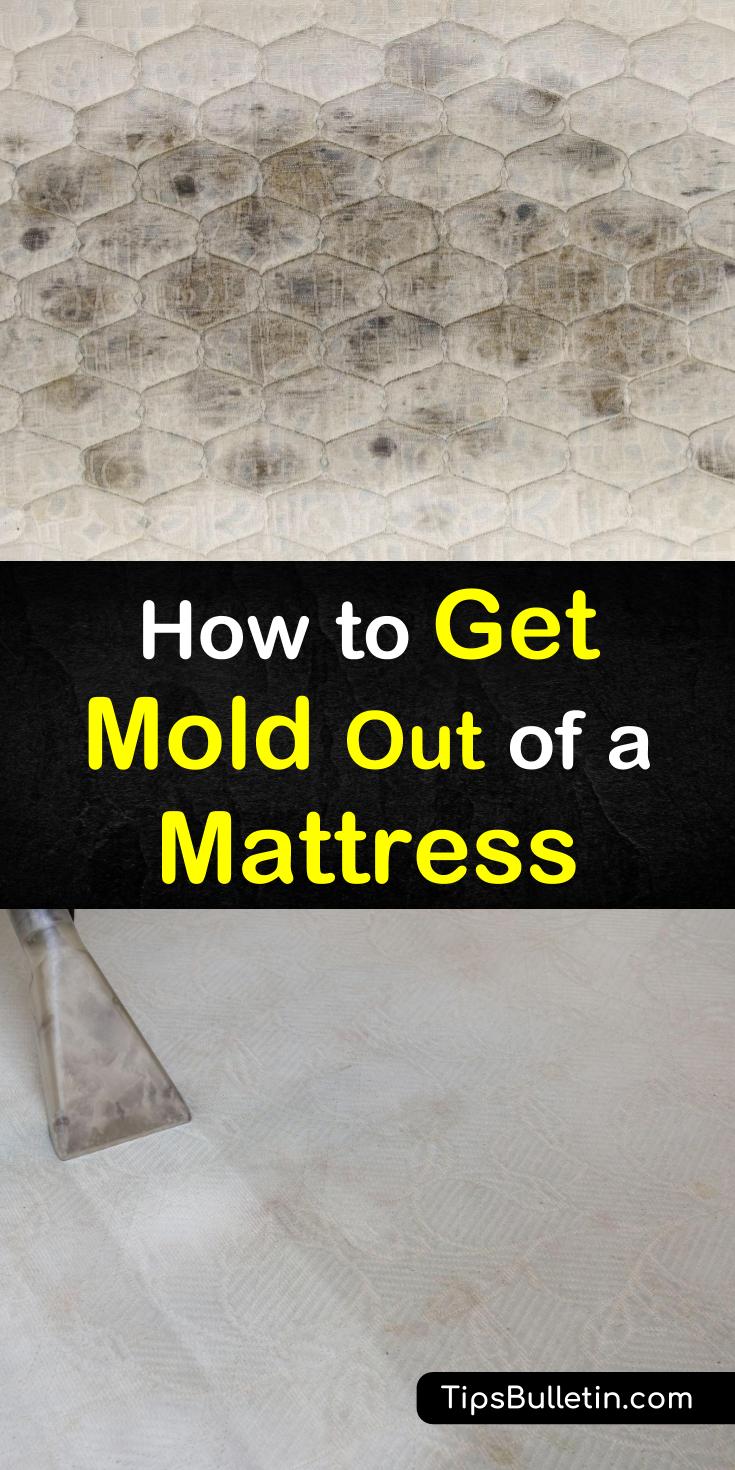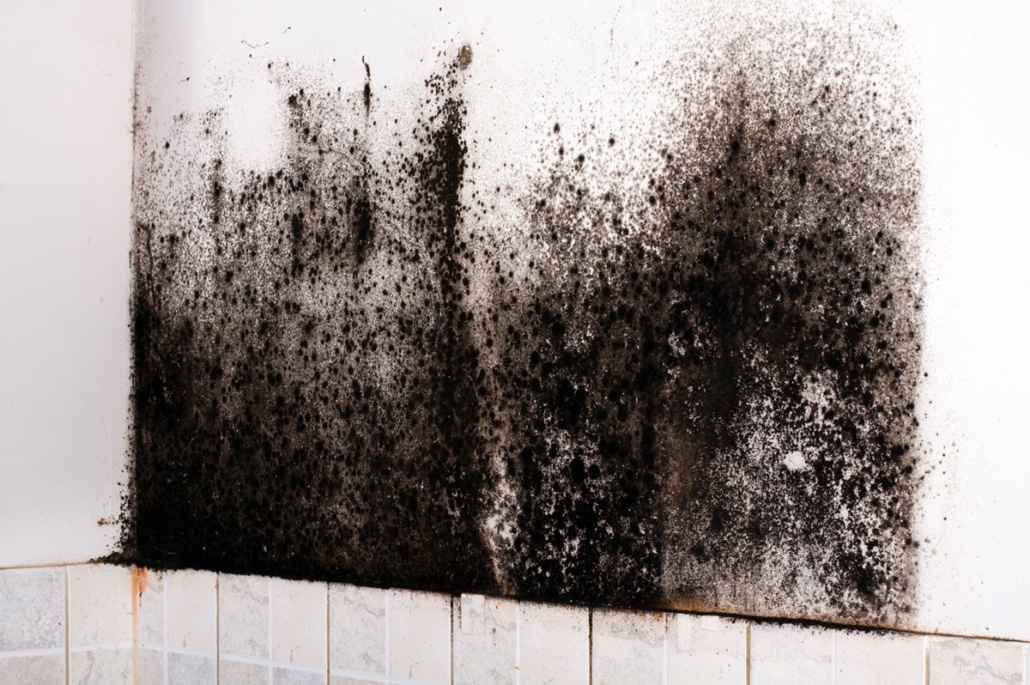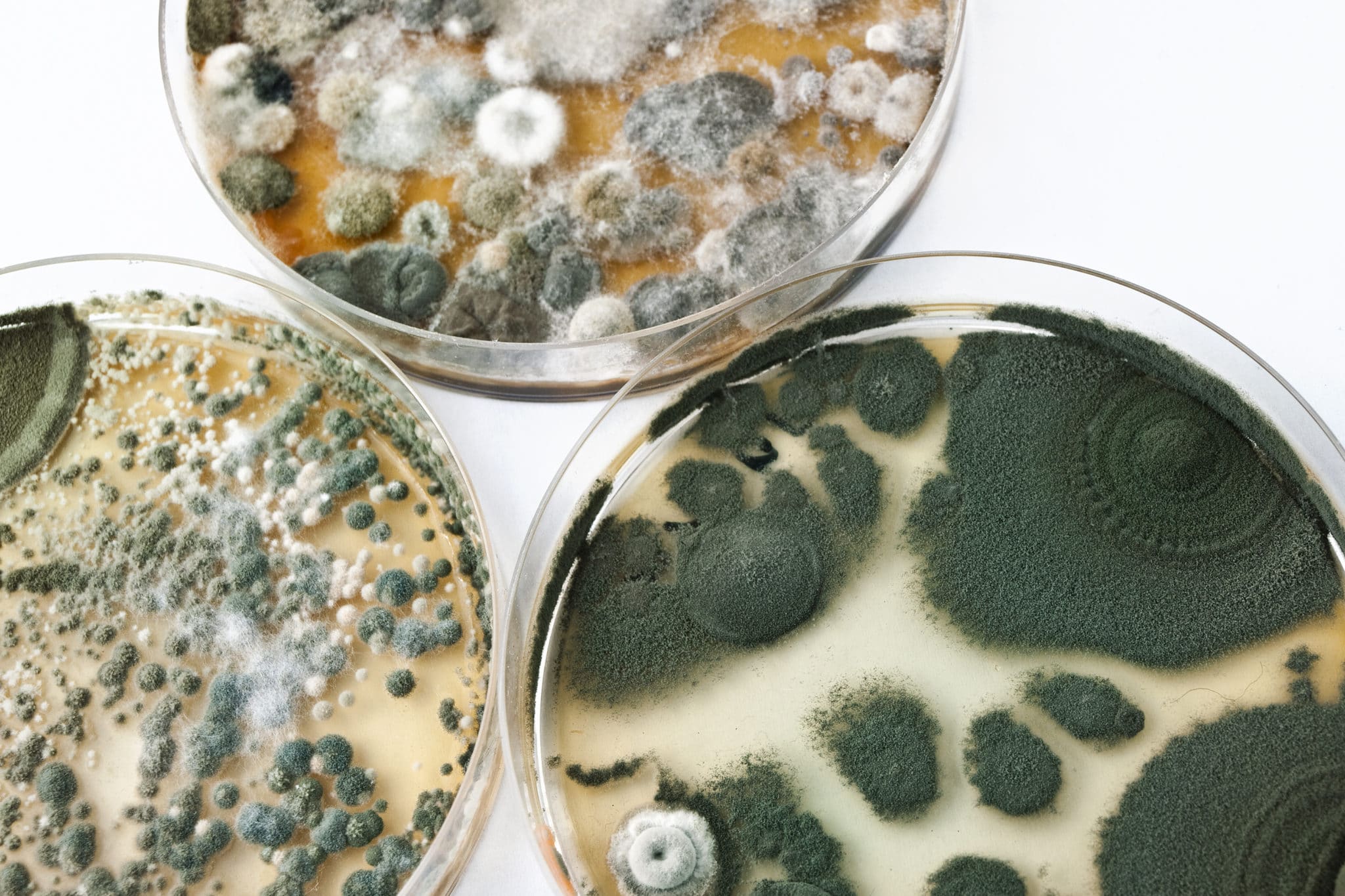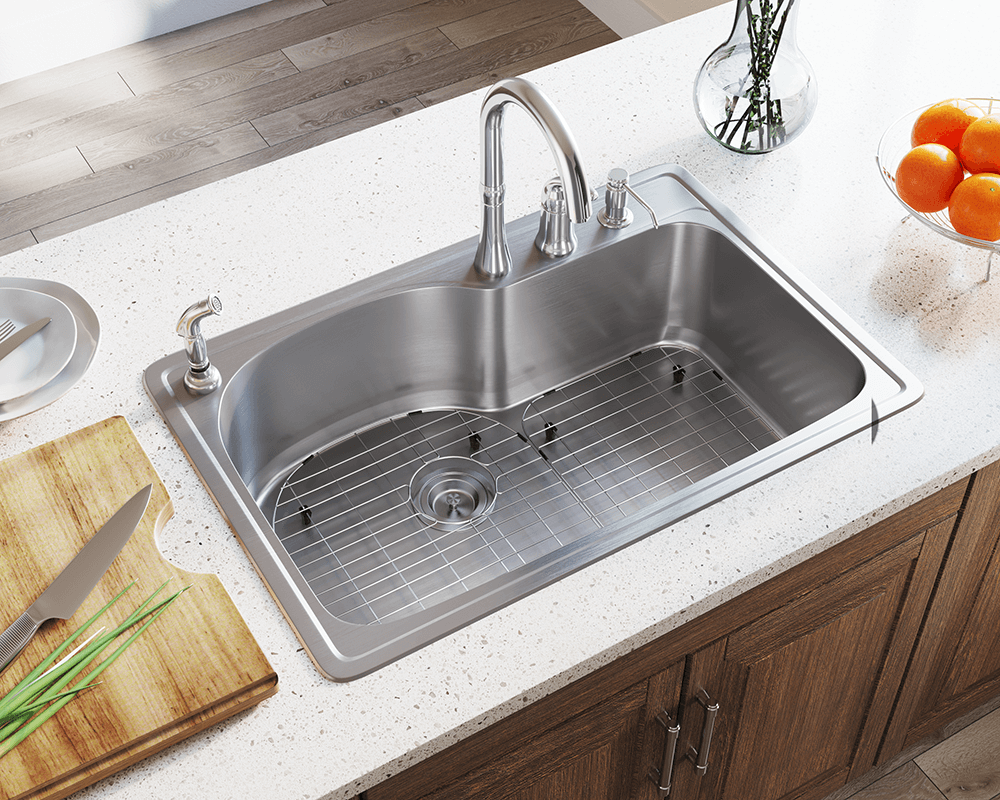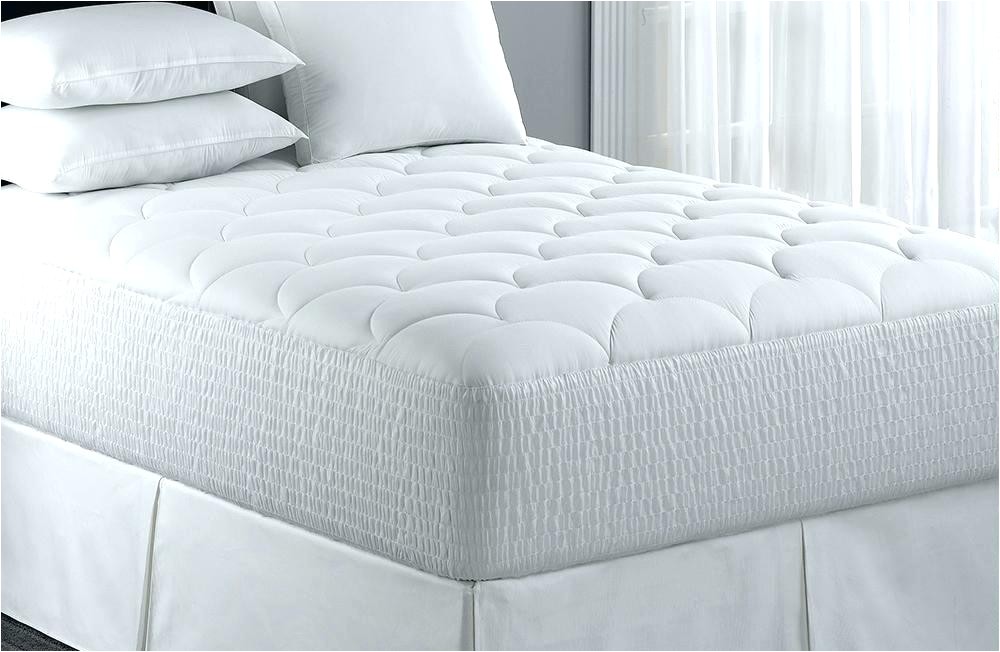How to Prevent Mold in Your Mattress
Mold is a common problem that can affect any household, and your mattress is no exception. Not only can mold cause unpleasant odors and stains on your mattress, but it can also pose a health risk. In this article, we will discuss the top 10 ways to prevent mold from growing in your mattress and keep it clean and healthy for a good night's sleep.
Signs of Mold in Your Mattress
Before we dive into prevention methods, it's important to know how to detect mold in your mattress. Some common signs of mold growth include a musty smell, visible black or green spots, and discoloration or stains on the surface of your mattress. If you notice any of these signs, it's important to take immediate action to prevent the mold from spreading.
How to Clean Mold from Your Mattress
If you do find mold in your mattress, it's essential to clean it properly to prevent it from coming back. Start by using a vacuum with a HEPA filter to remove any loose mold spores. Then, mix a solution of equal parts water and white vinegar and spray it onto the affected area. Let it sit for a few hours before blotting it dry with a clean cloth. You can also use a mild detergent or hydrogen peroxide for tougher stains.
Can Mold Cause Health Problems?
Mold can pose a health risk, especially for those with allergies or respiratory issues. Breathing in mold spores can cause symptoms such as coughing, sneezing, and congestion. If you are experiencing these symptoms and suspect mold in your mattress, it's best to seek medical advice and take steps to remove the mold.
How to Detect Mold in Your Mattress
Aside from visible signs, there are other ways to detect mold in your mattress. One method is using a black light, which can make mold glow under certain conditions. You can also purchase a mold testing kit, or hire a professional mold inspector to assess your mattress if you suspect mold growth.
What to Do if You Find Mold in Your Mattress
If you do find mold in your mattress, it's crucial to act fast to prevent it from spreading and causing further damage. Begin by removing all bedding and vacuuming the mattress thoroughly. Then, follow the steps mentioned earlier to clean the affected area. It's also essential to remove any moisture sources and keep the room well-ventilated to prevent mold from growing back.
How to Keep Your Mattress Dry and Mold-Free
The best way to prevent mold from growing in your mattress is to keep it dry. Make sure to use a waterproof mattress protector to prevent any spills or accidents from seeping into the mattress. Additionally, it's important to keep your bedroom well-ventilated and regulate the humidity levels to prevent moisture buildup.
Common Causes of Mold in Mattresses
Mold thrives in damp and humid environments, so it's no surprise that the most common cause of mold growth in mattresses is moisture. This can be due to spills, sweat, or even a humid bedroom. Other factors that can contribute to mold growth include poor ventilation, a lack of sunlight, and a dirty or old mattress.
How to Properly Store Your Mattress to Prevent Mold
If you are storing your mattress for an extended period, it's crucial to take the necessary steps to prevent mold growth. Start by cleaning and drying your mattress thoroughly before wrapping it in a plastic cover. Make sure to store it in a dry and well-ventilated area away from any potential moisture sources. It's also essential to check on the mattress periodically and take it out for airing if possible.
Why Mold Can Be Dangerous for Your Mattress and Your Health
Mold can cause significant damage to your mattress, leading to unpleasant odors, stains, and even structural damage. But more importantly, it can also pose a health risk, especially for sensitive individuals. Regular maintenance and prevention methods are crucial to keep your mattress clean and mold-free, ensuring a healthy and restful sleep every night.
How to Prevent Mold in Your Mattress
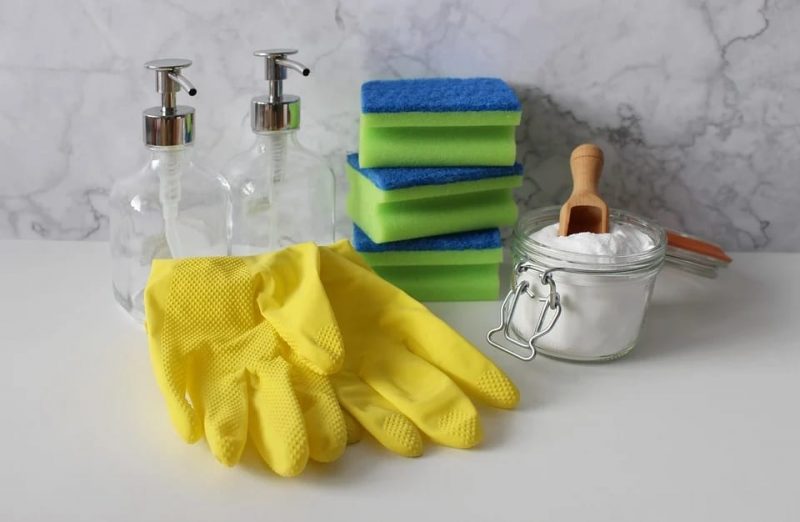
Understanding the Dangers of Mold in Your Mattress
 Mold is a type of fungus that thrives in warm, damp environments. It can easily grow in your mattress if it becomes moist, which can happen from sweat, spills, or high humidity levels. Not only can mold affect the overall quality and lifespan of your mattress, but it can also have serious health consequences. According to the Centers for Disease Control and Prevention, mold can cause respiratory issues, allergies, and even infections. Therefore, it is important to take preventative measures to keep mold from growing in your mattress.
Mold is a type of fungus that thrives in warm, damp environments. It can easily grow in your mattress if it becomes moist, which can happen from sweat, spills, or high humidity levels. Not only can mold affect the overall quality and lifespan of your mattress, but it can also have serious health consequences. According to the Centers for Disease Control and Prevention, mold can cause respiratory issues, allergies, and even infections. Therefore, it is important to take preventative measures to keep mold from growing in your mattress.
Proper Maintenance is Key
 The first step in preventing mold from growing in your mattress is proper maintenance. Make sure to regularly clean and vacuum your mattress to remove any dust, dirt, and moisture that may have accumulated. If you notice any spills or stains, be sure to clean them immediately before they have a chance to seep into the mattress and create a breeding ground for mold. Additionally, consider investing in a waterproof mattress cover to protect your mattress from any spills or accidents.
The first step in preventing mold from growing in your mattress is proper maintenance. Make sure to regularly clean and vacuum your mattress to remove any dust, dirt, and moisture that may have accumulated. If you notice any spills or stains, be sure to clean them immediately before they have a chance to seep into the mattress and create a breeding ground for mold. Additionally, consider investing in a waterproof mattress cover to protect your mattress from any spills or accidents.
Control the Humidity Levels in Your Bedroom
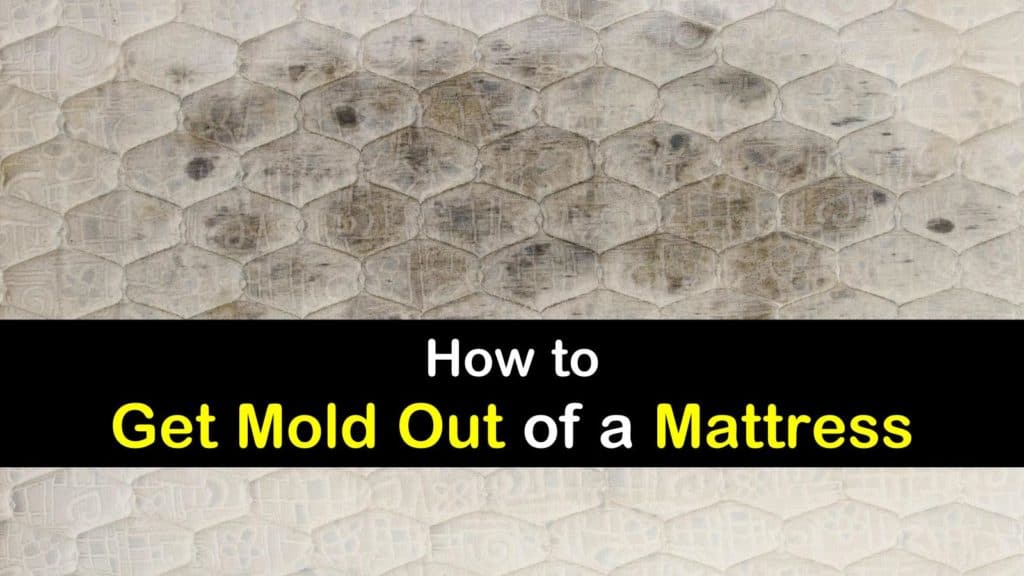 High humidity levels can contribute to the growth of mold in your mattress. Keep the humidity levels in your bedroom below 50% to prevent mold from thriving. You can use a dehumidifier to help regulate the humidity levels in your bedroom, especially during the hot and humid summer months.
High humidity levels can contribute to the growth of mold in your mattress. Keep the humidity levels in your bedroom below 50% to prevent mold from thriving. You can use a dehumidifier to help regulate the humidity levels in your bedroom, especially during the hot and humid summer months.
Air Out Your Mattress
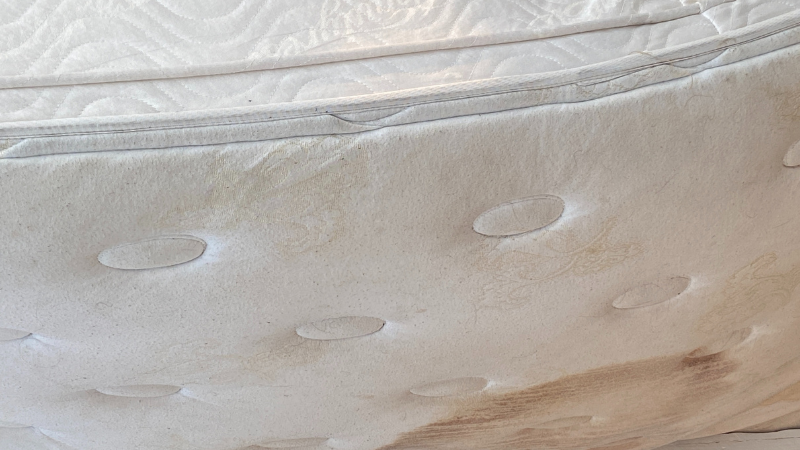 To prevent mold from growing in your mattress, it is important to let it breathe. Every few weeks, remove all bedding and let your mattress air out for a few hours. This will help to remove any built-up moisture and prevent mold growth.
To prevent mold from growing in your mattress, it is important to let it breathe. Every few weeks, remove all bedding and let your mattress air out for a few hours. This will help to remove any built-up moisture and prevent mold growth.
Replace Your Mattress if Necessary
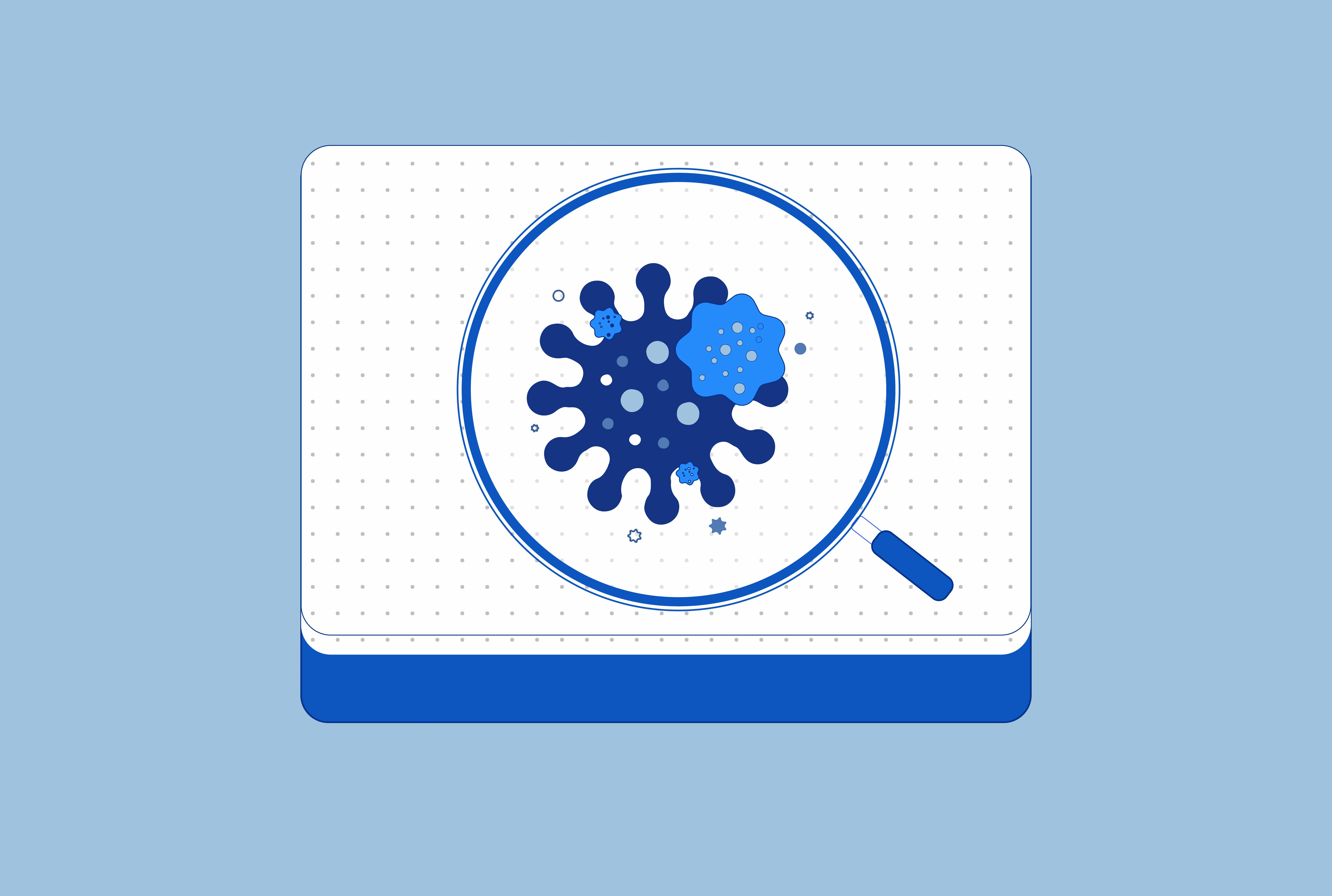 If your mattress has been exposed to mold, it may be time to replace it. Mold can be difficult to completely remove from a mattress, and it can continue to grow and spread even after cleaning. If you notice a musty smell, visible mold growth, or experience any health issues, it is best to replace your mattress with a new, mold-free one.
If your mattress has been exposed to mold, it may be time to replace it. Mold can be difficult to completely remove from a mattress, and it can continue to grow and spread even after cleaning. If you notice a musty smell, visible mold growth, or experience any health issues, it is best to replace your mattress with a new, mold-free one.
Conclusion
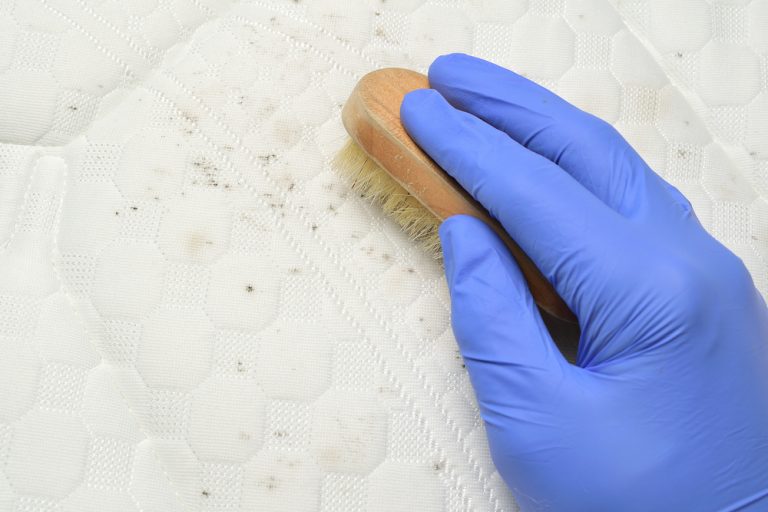 Preventing mold in your mattress is essential for both your health and the longevity of your mattress. By following these tips and properly maintaining your mattress, you can keep mold at bay and ensure a clean and comfortable sleeping environment. Remember, a little prevention goes a long way in keeping mold out of your mattress.
Preventing mold in your mattress is essential for both your health and the longevity of your mattress. By following these tips and properly maintaining your mattress, you can keep mold at bay and ensure a clean and comfortable sleeping environment. Remember, a little prevention goes a long way in keeping mold out of your mattress.

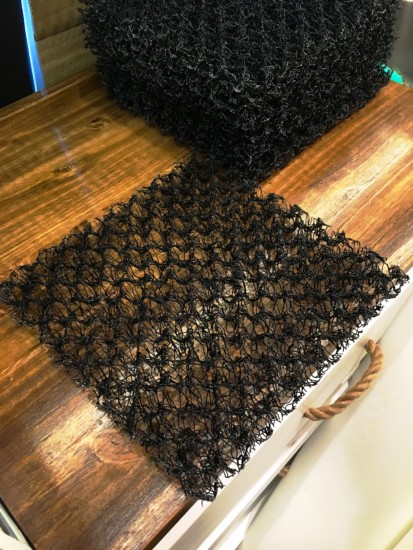


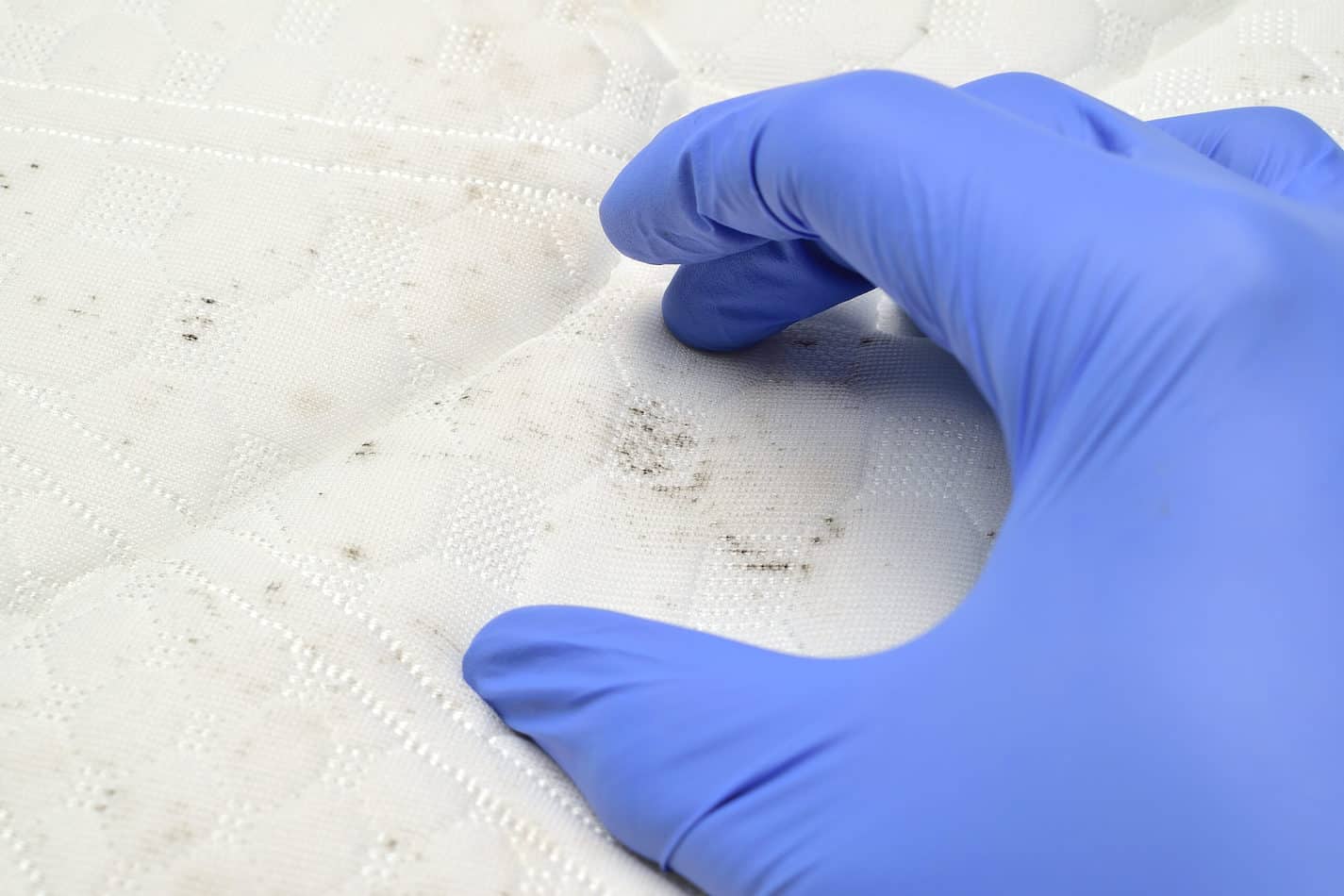
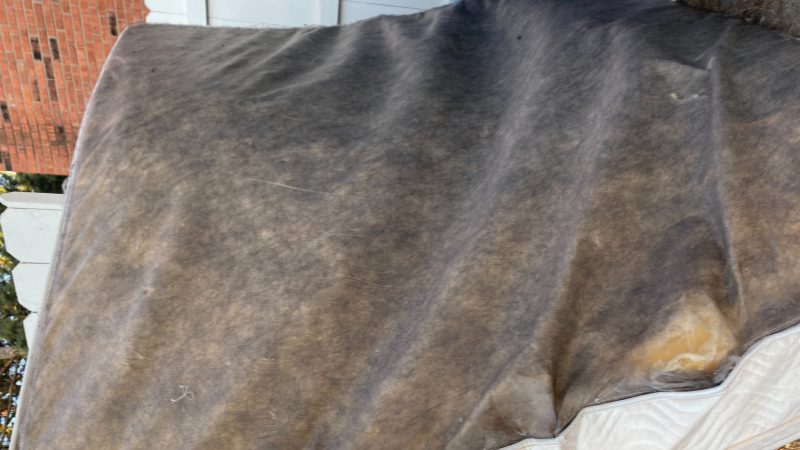

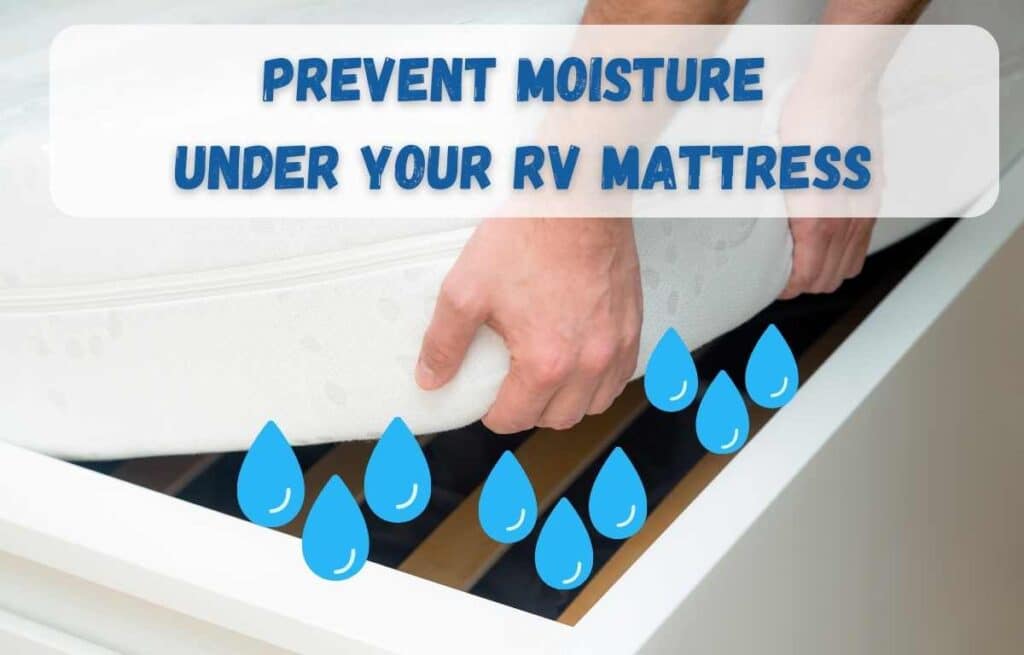


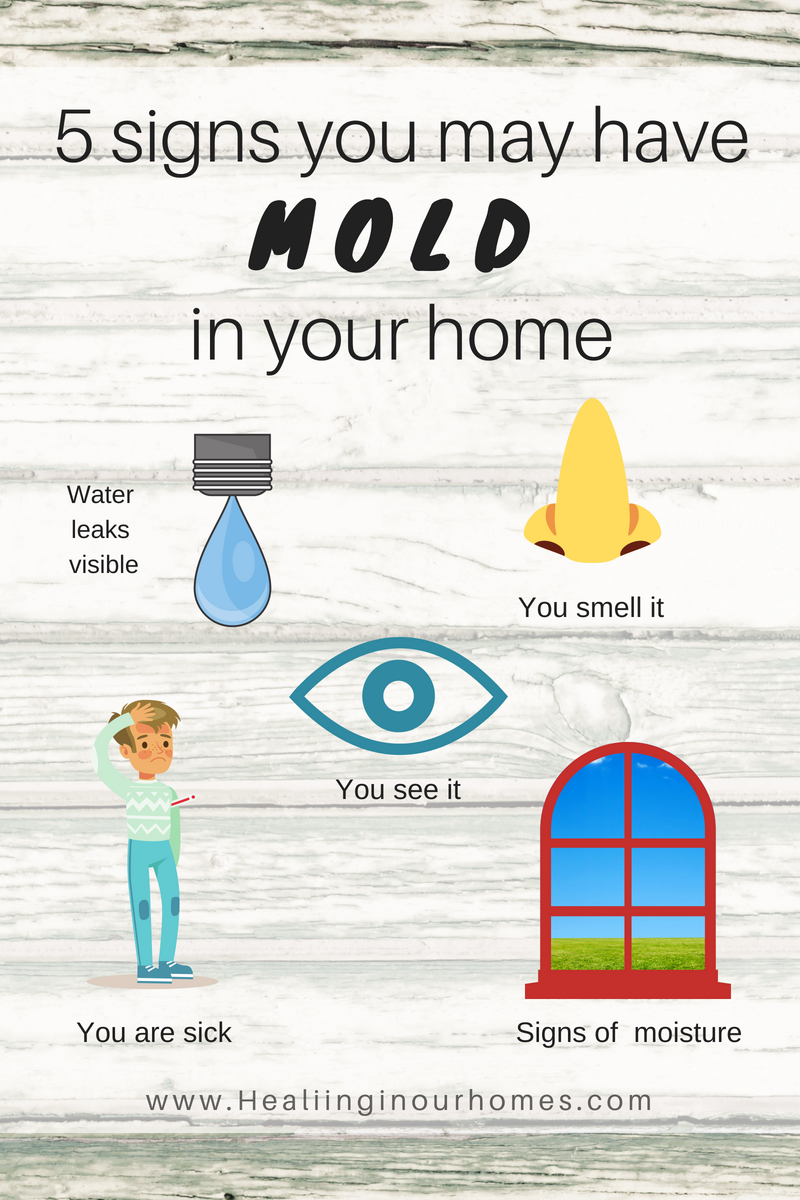
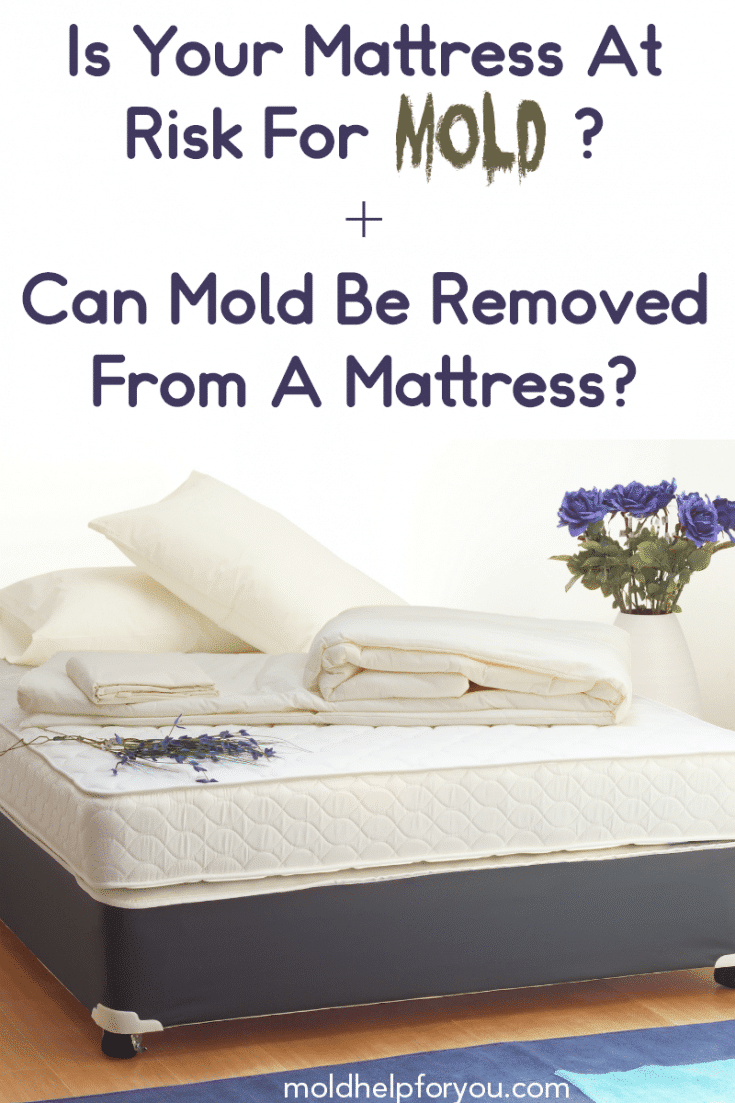

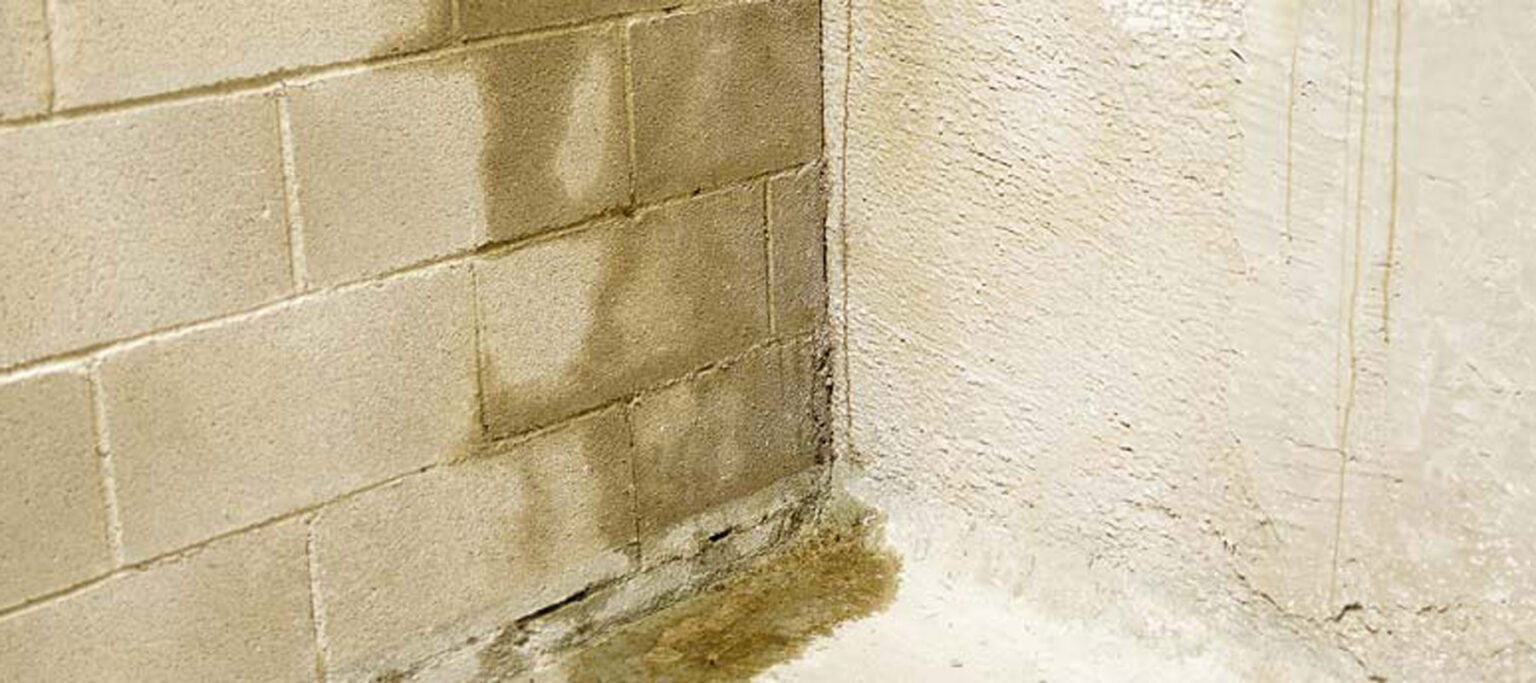


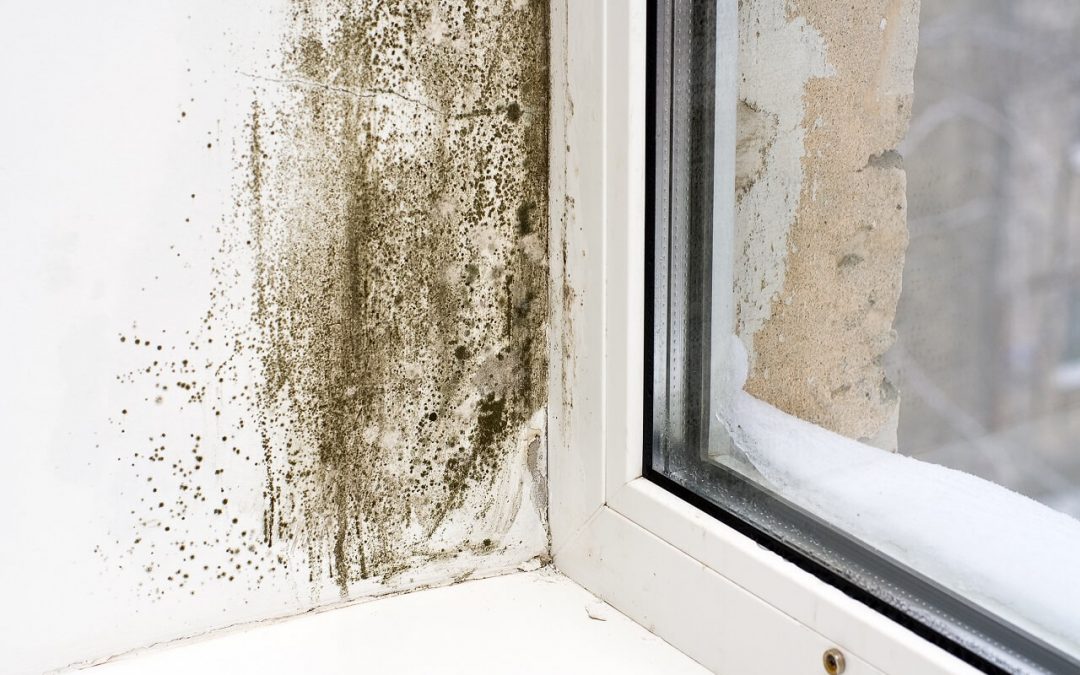
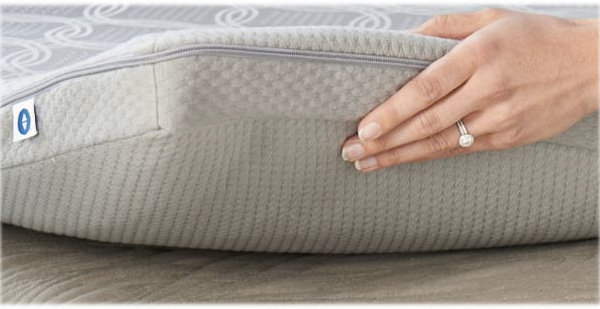
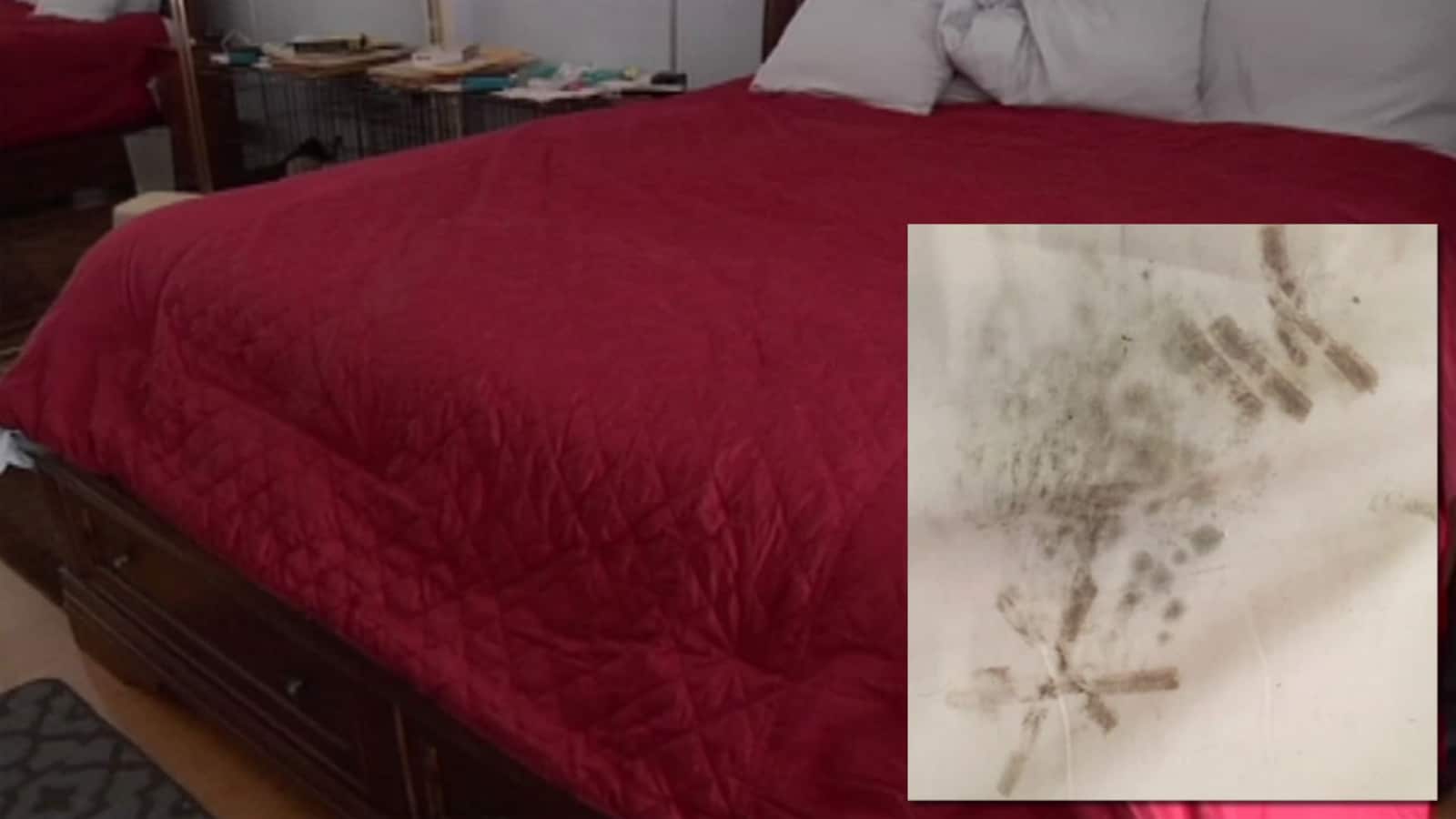





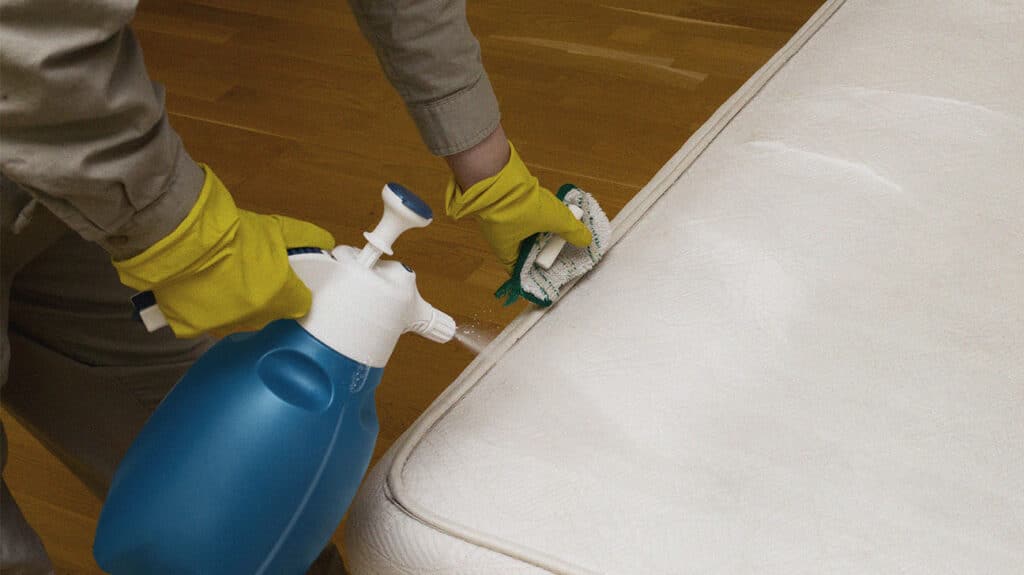
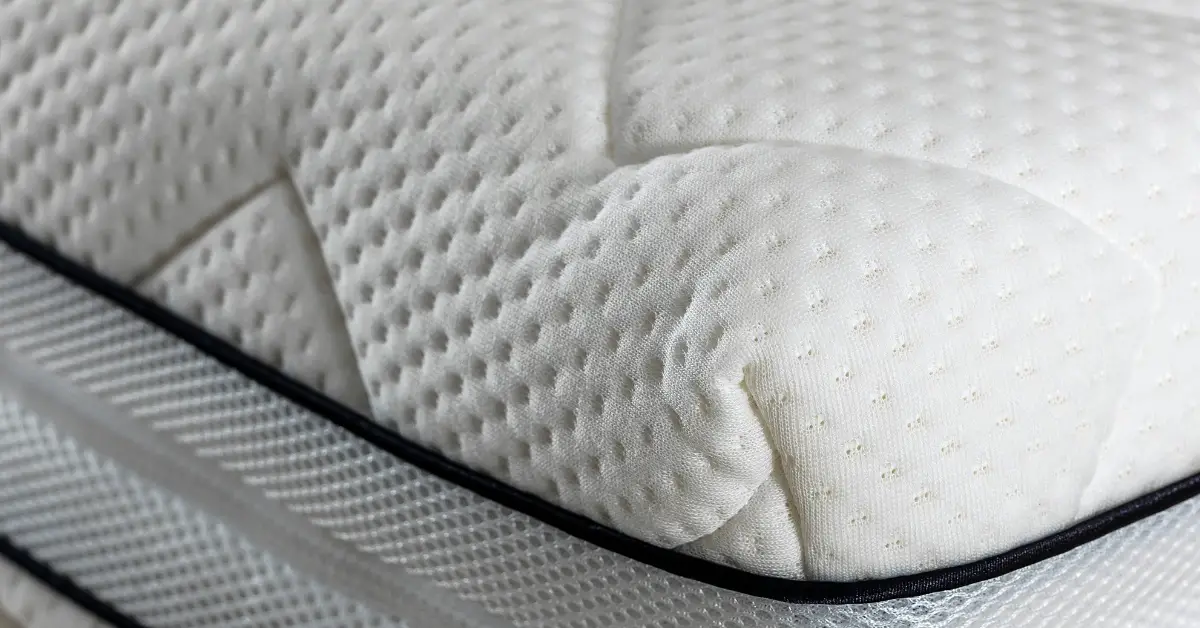
:max_bytes(150000):strip_icc()/clean-your-mattress-the-natural-way-350742-dd95404f7ac54f9b90f09045d9b4e98c.png)

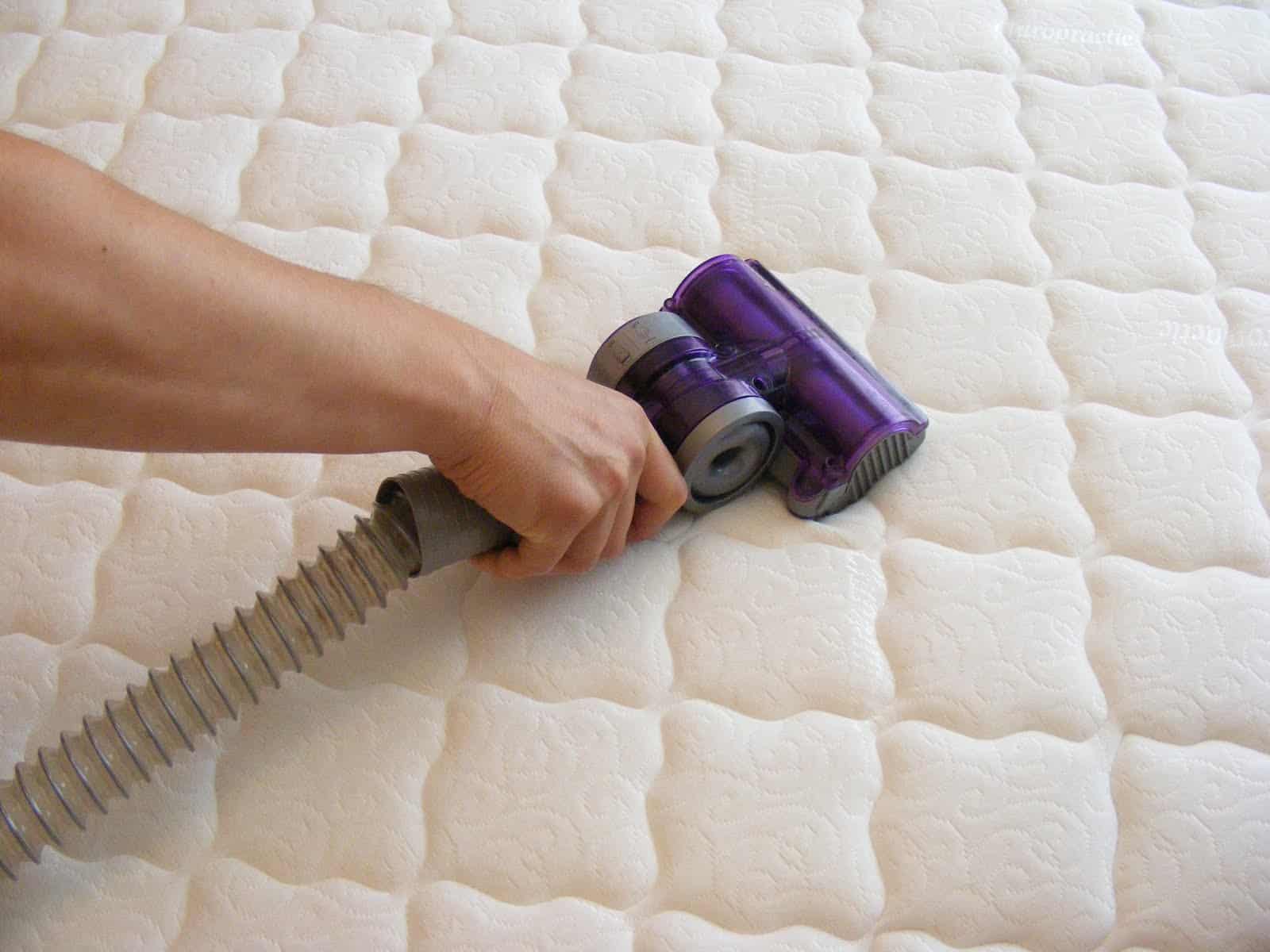
:max_bytes(150000):strip_icc()/clean-your-mattress-the-natural-way-350742-14-5a99efe91be349449c3178993b367746.jpg)




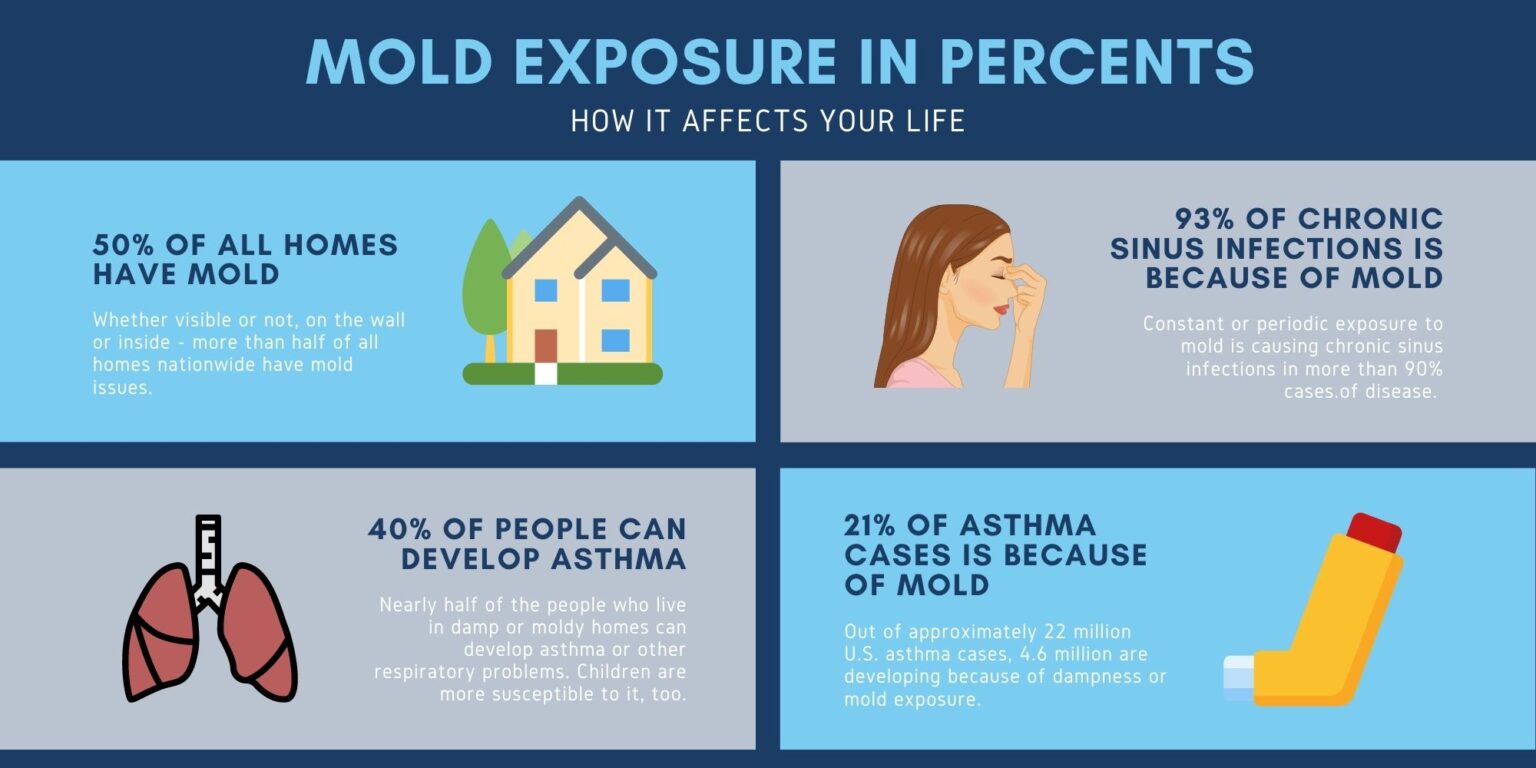
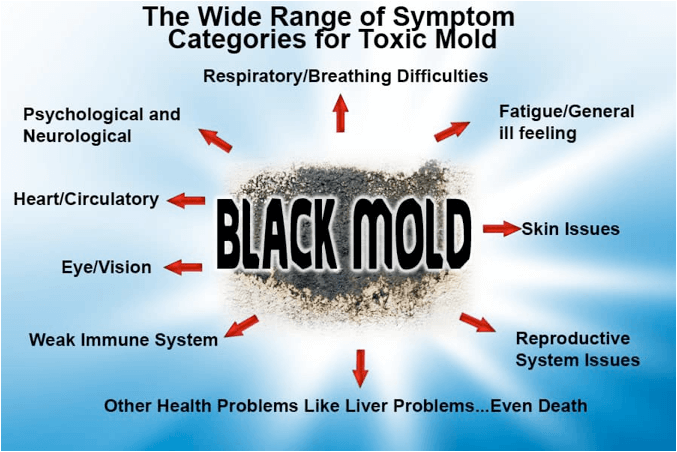


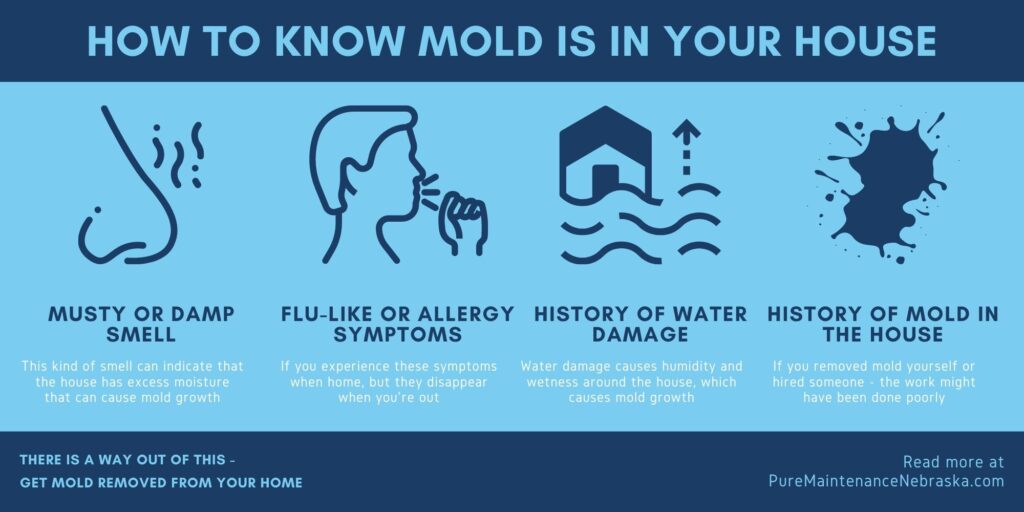
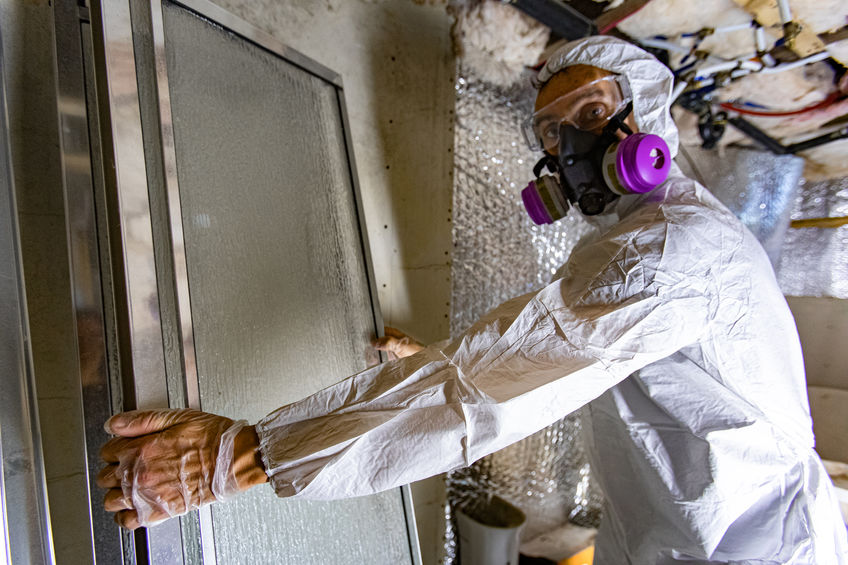



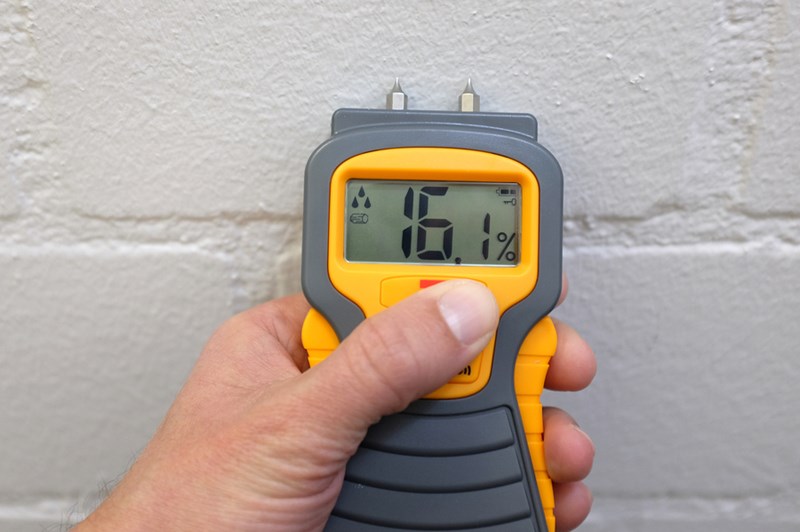


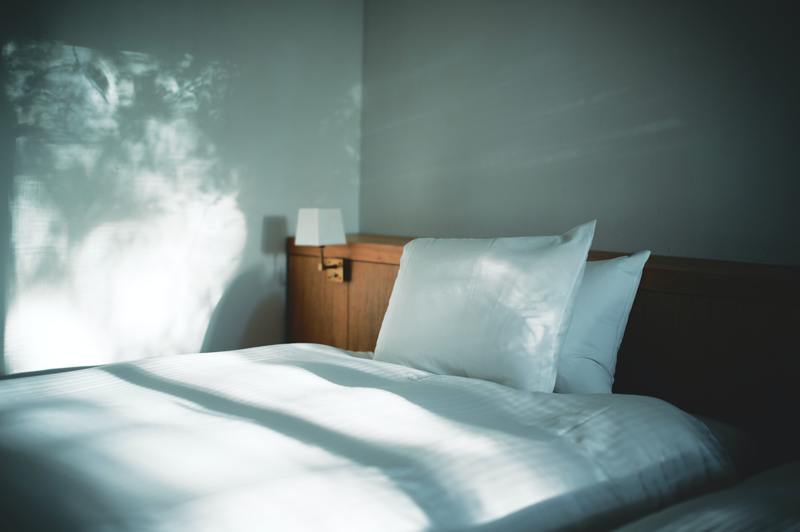



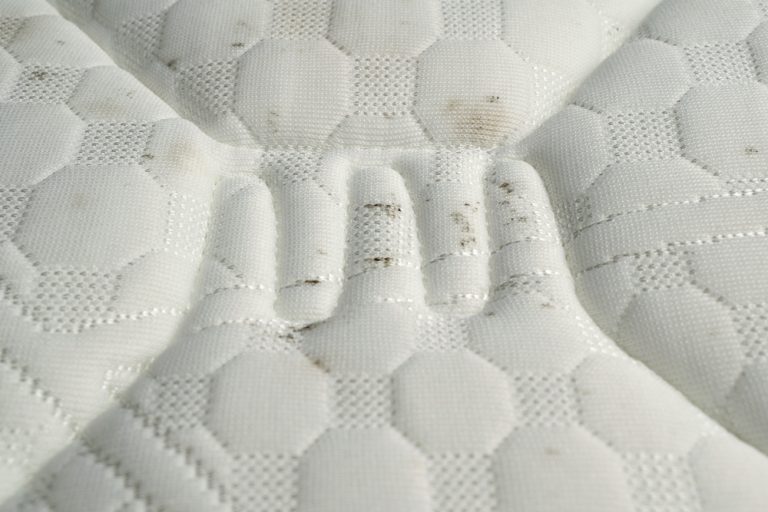

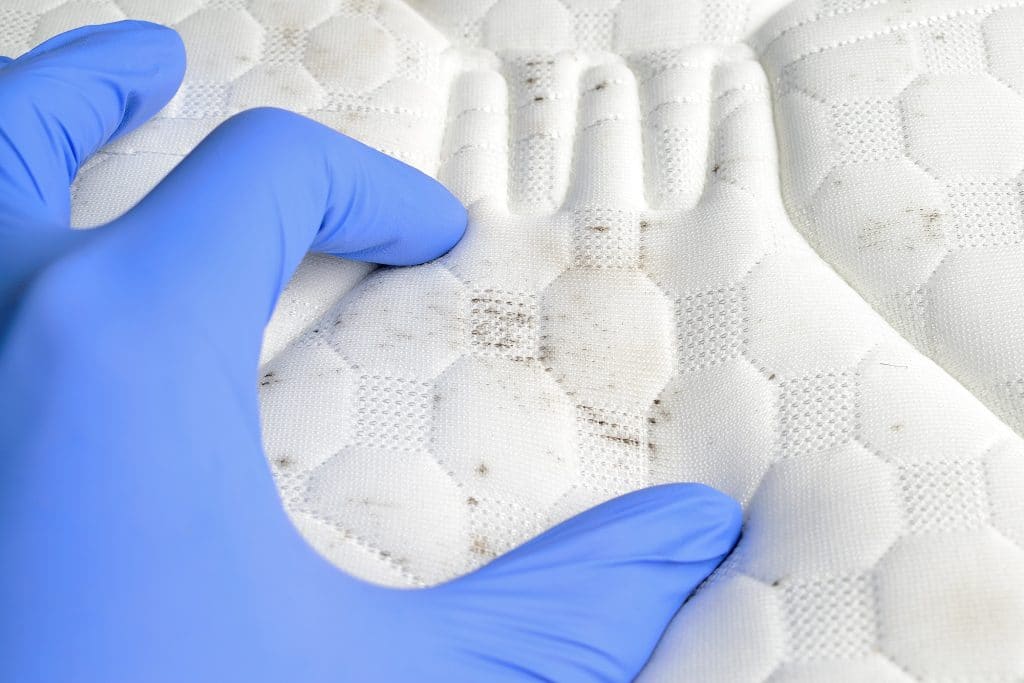
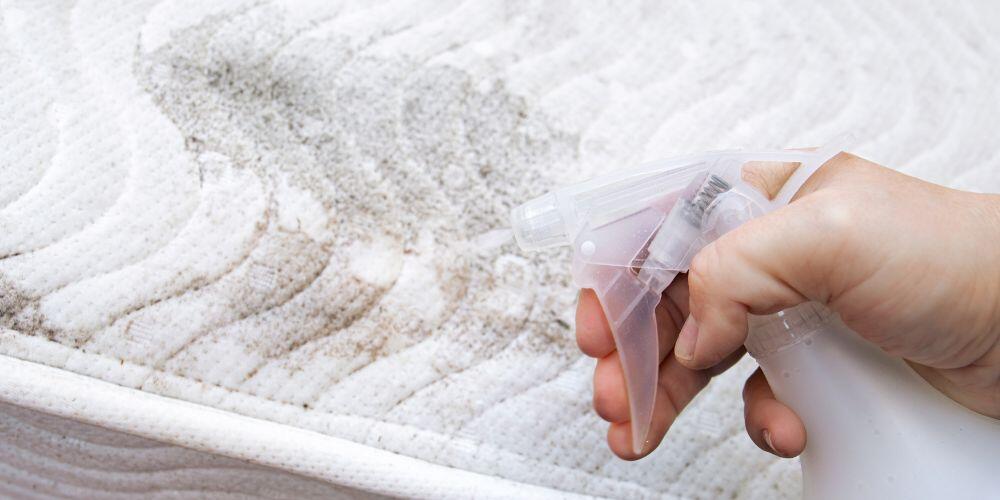
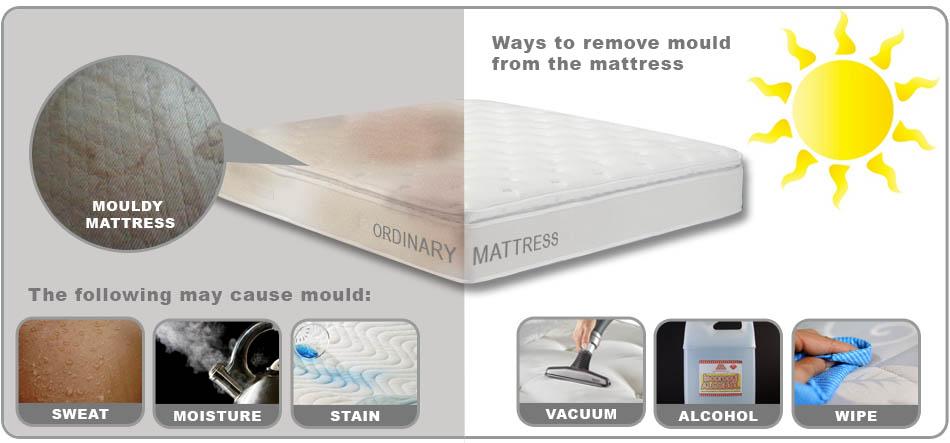
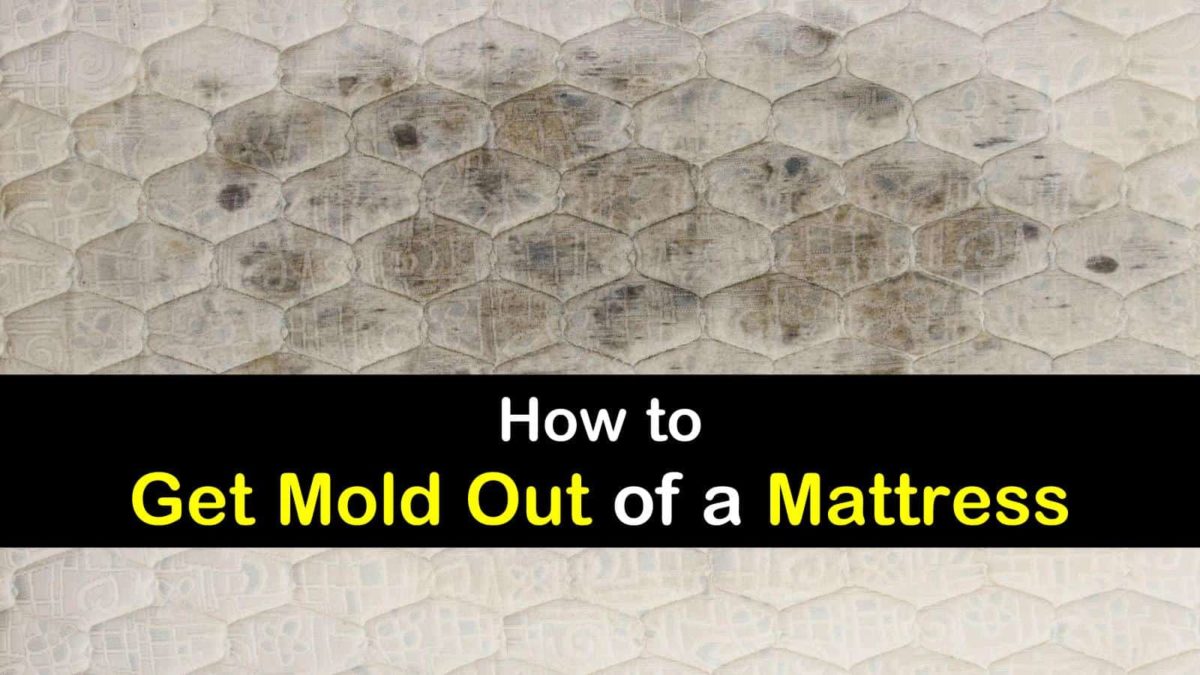
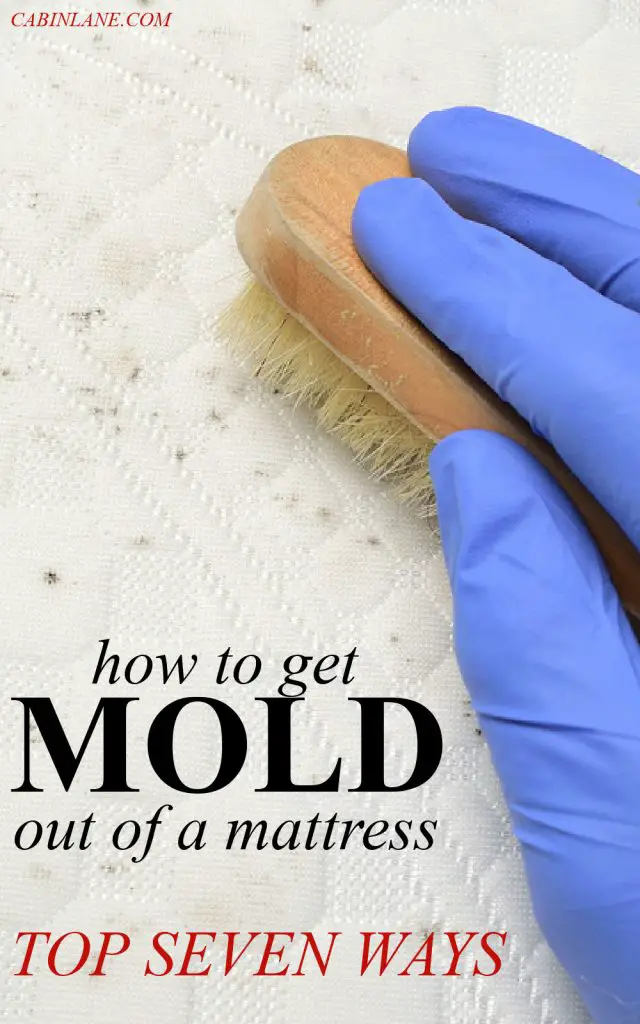
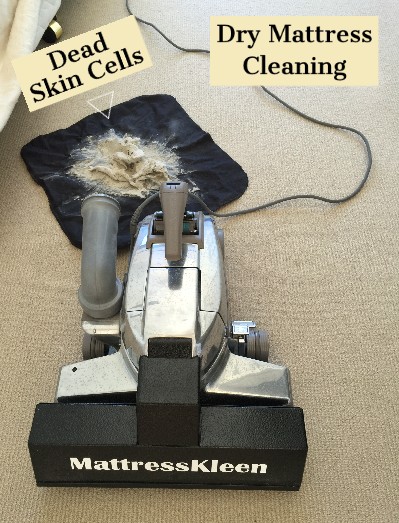
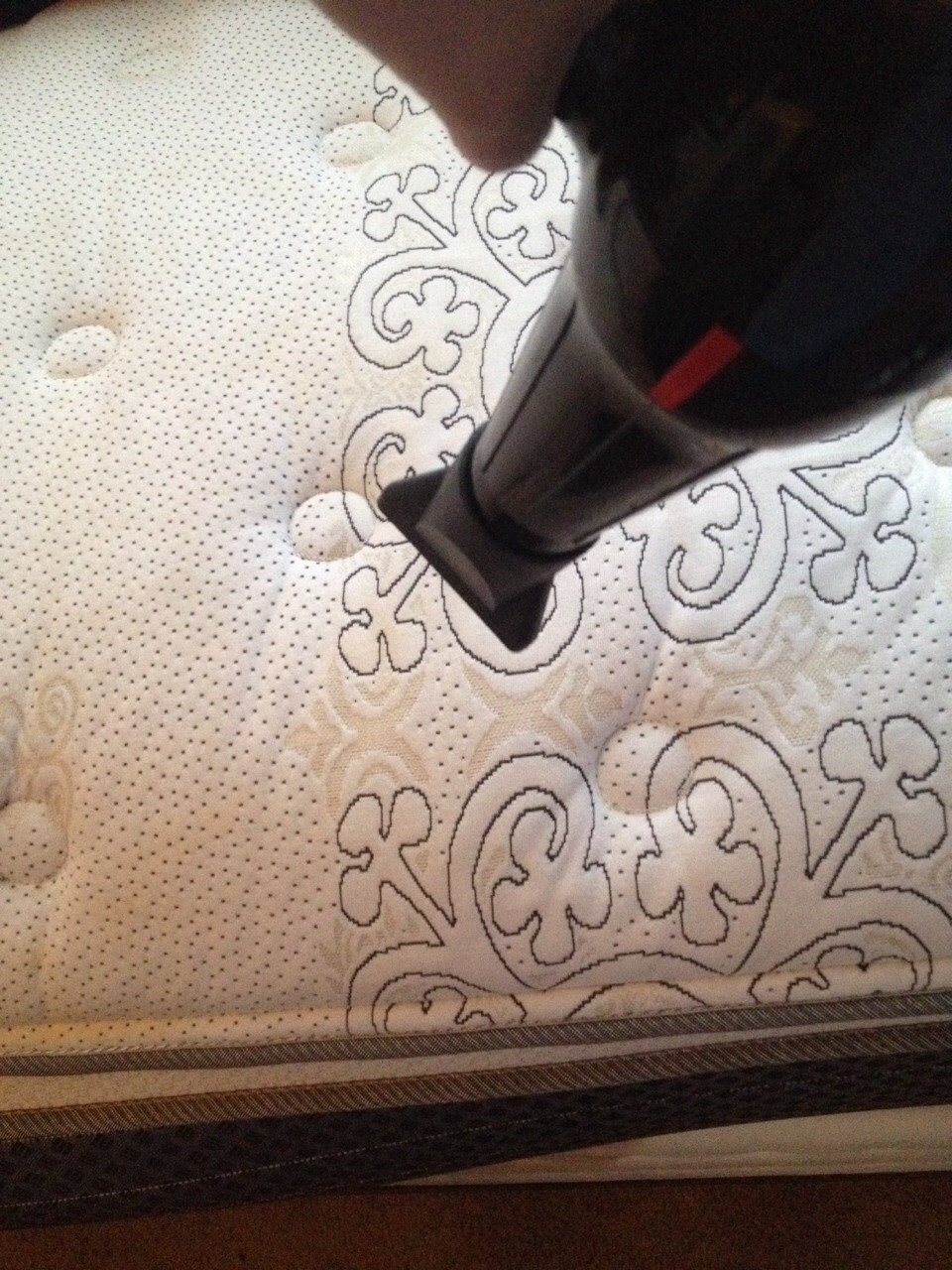
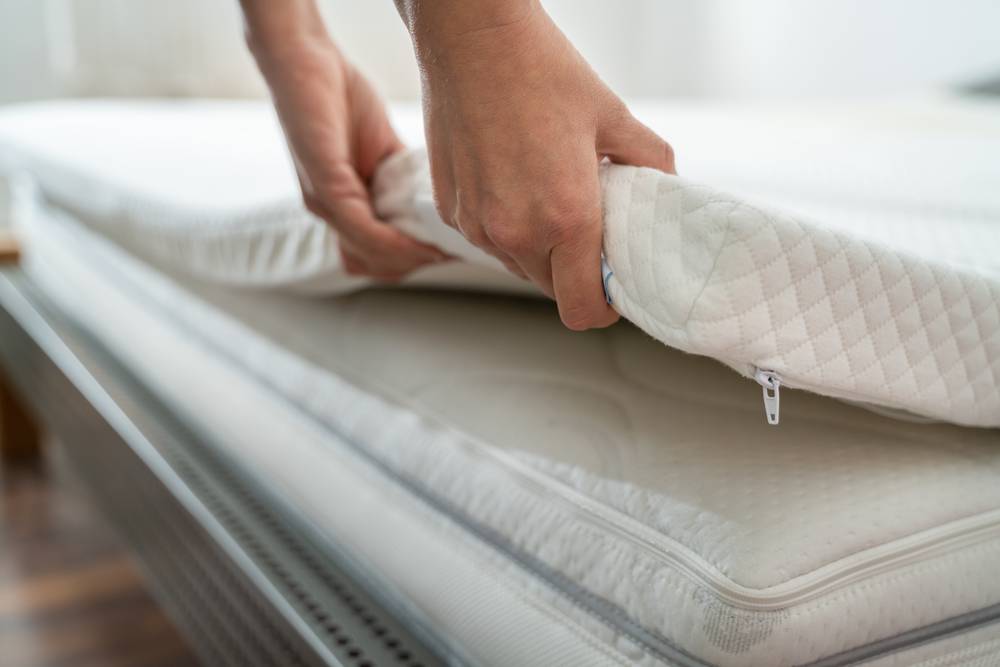
/Primary_Images-a885ad380d8b4cf693e1a2489fed2b51.jpg)
